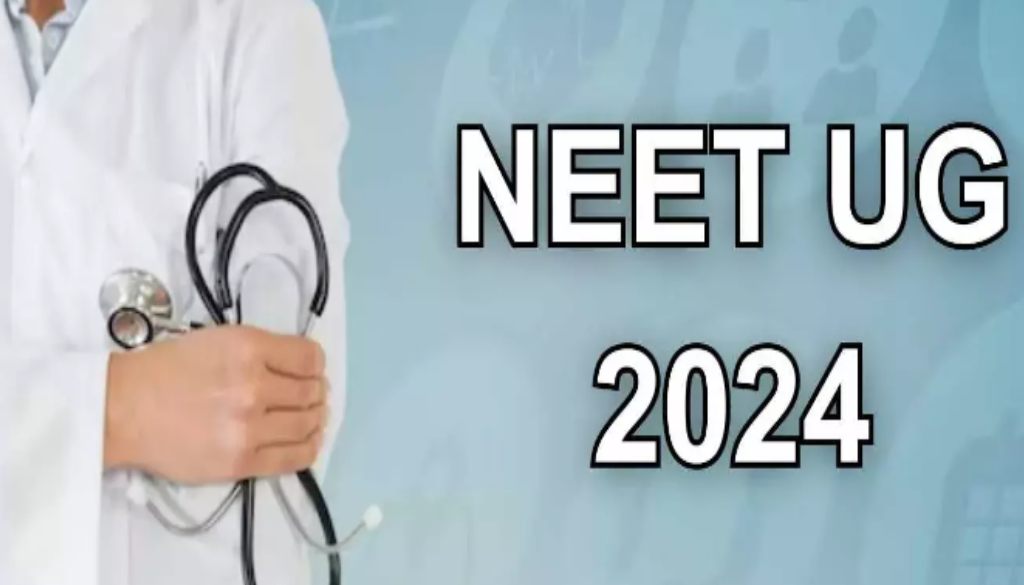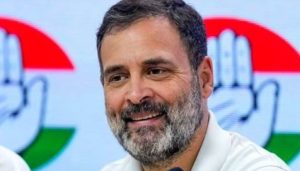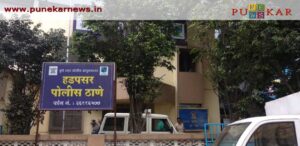New Anti-Paper Leak Law Comes into Effect Amid NEET-UG and UGC-NET Controversies

New Delhi, 22nd June 2024: In the wake of the controversies surrounding NEET-UG results and the cancellation of the UGC-NET exam due to a paper leak, the Public Examinations (Prevention of Unfair Means) Act, 2024, came into force on Friday. This new law, designed to combat cheating in central recruitment and entrance exams, was passed by Parliament in February.
“In exercise of the powers conferred by sub-section (2) of section 1 of the Public Examinations (Prevention of Unfair Means) Act, 2024 (1 of 2024), the central government hereby appoints the 21st day of June, 2024, as the date on which the provisions of the said Act shall come into force,” stated a gazette notification issued by the Ministry of Personnel, Public Grievances, and Pensions on Friday.
The Public Examinations (Prevention of Unfair Means) Act is the first national law aimed at preventing the use of unfair means in recruitment exams conducted by the UPSC, Staff Selection Commission, Railway Recruitment Board, Institute of Banking Personnel Selection (IBPS), and entrance tests for central educational institutions such as JEE, NEET, and CUET. This act addresses issues not covered by the Bharatiya Nyaya Sanhita.
The law stipulates stringent penalties for those involved in examination fraud. Impersonating a candidate, engaging in paper solving, or failing to report exam fraud can result in a jail term of 3-5 years and a fine of up to Rs 10 lakh. Those involved in organized cheating or other malpractices face 5-10 years of imprisonment and a minimum fine of Rs 1 crore.
The main focus of the law is to crack down on individuals, organized crime groups, and institutions involved in paper leaks, solving exam papers, impersonation, and hacking into computer systems, often with collusion from insiders, for monetary or wrongful gains. It aims to protect bona fide students, whose futures are jeopardized by undetected leaks and subsequent exam cancellations, from any legal action.
Furthermore, service providers and institutions found guilty of rigging public exams will be required to bear the proportionate cost of the examination, as mandated by the law.








